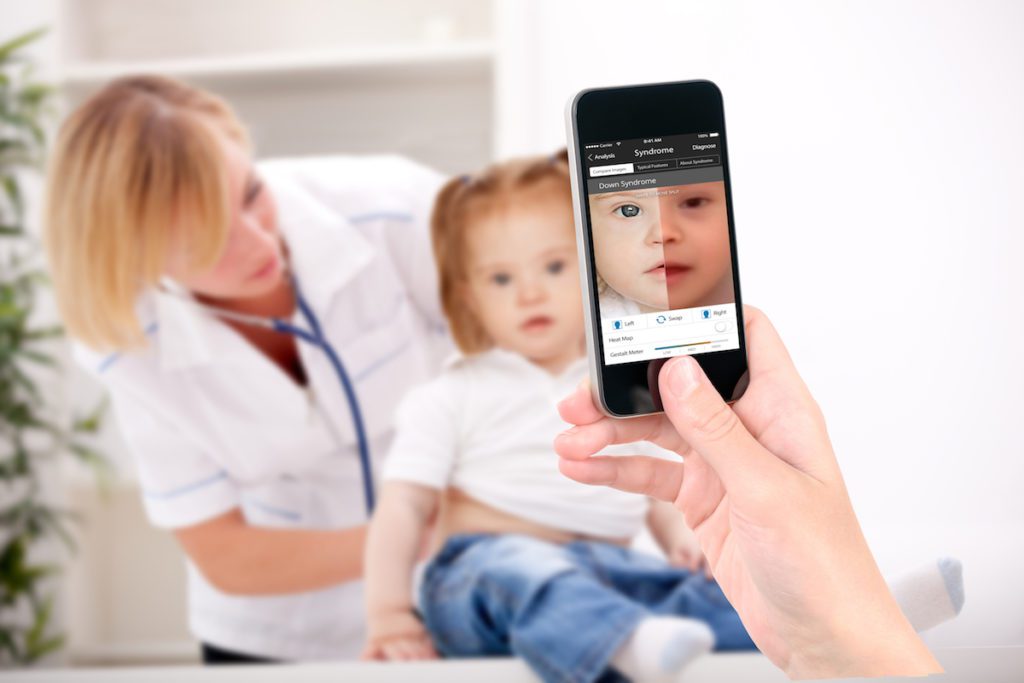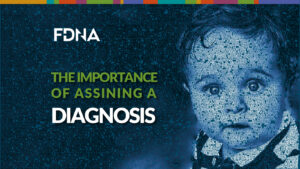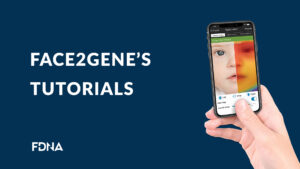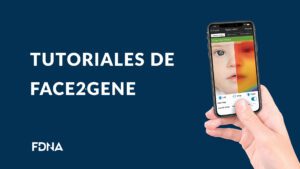Dekel Gelbman, CEO of FDNA, was featured in the Medical Device and Diagnostics Industry, discussing the value of facial analysis technology and phenotyping in discovering rare disease diagnoses. Below is an excerpt:
Diagnosing rare and ultra-rare genetic diseases can be extremely difficult for geneticists. The diagnostic odyssey, from the primary point of care, through the specialty clinics and to the molecular testing labs, can take up to 7.6 years to come to an appropriate diagnosis. According to recent survey results, patients living with rare diseases visit an average of 7.3 physicians before receiving an accurate diagnosis. This process can be compared to solving a mystery, with the geneticist playing the role of the detective, sifting through many clues to come to a final answer.
With over 7,000 rare diseases to consider, the task of diagnosing these diseases is daunting, even for specialists, let alone for physicians with no specific genetics training. Linking various, and seemingly unrelated, symptoms to an underlying genetic disorder is not a simple process. As a result, rare disease patients experience many years of frustration while searching for answers. Patients and families caught in this diagnostic odyssey suffer from emotional and financial distress, and perhaps most importantly, negative health outcomes. Early and broader identification of these diseases can improve the quality of life of rare disease patients, ultimately leading to better outcomes.
When it comes to diagnosing these rare and ultra-rare diseases, geneticists rely on their own experience, a vast sea of literature and genotypic data. With all the advances in genomic sequencing, we now have the ability to recognize thousands upon thousands of genetic variants that may be disease-causing. To analyze these results, the lab and clinician must sift through this list to find the most clinically relevant variants and, hopefully, the diagnosis.
To help with this process, phenotyping has emerged as a necessary step…Read More



